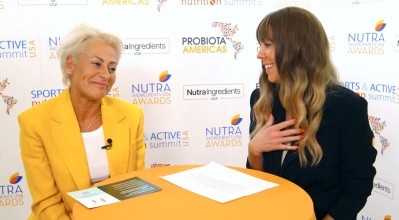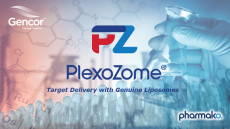Specnova’s Sebastian Balcombe on advances in liposomal technology
“A lot of people don't realize when you just take one compound and strip out everything else you lose a lot of the stability of that particular compound,” Balcombe said. “They rely on each other for stability, and then when they're not stable, and they are broken down. They are often broken down into compounds that are no longer bioactive. So, we try as much as we can to keep the whole plant matrix intact, while elevating key components, and making the plant perform in a novel way that we validate through human clinical trials.”
Balcombe says Specnova is 10 years ahead of other companies in the industry and he can demonstrate that with examples such as vitamin C.
“We can load at a very high percentage in the liposome, no less than 70%. Sticking to vitamin C, our liposome has such a profound effect on the stability of the vitamin that over 30% more of the dose of vitamin C gets into the blood,” he said. “Vitamin C is actually very stable in the low pH of your stomach. But it's very unstable in the higher pH of the small intestine…so you lose a big chunk of [vitamin C] in a high pH environment.”
However, Balcombe and his team saw a significant difference in the amount of vitamin C that was left in the small intestine because of their liposomal formulation.
“There were much higher levels in the blood for a longer period of time, over 24 hours. Most importantly we measured it in white blood cells. We measured vitamin C and white blood cells and we saw over a 20% increase in concentration for vitamin C and for bioavailability measurements compared to non-liposomal vitamin C.”
View the interview to learn more about Specnova’s discoveries, including what clinical trials have shown.
















